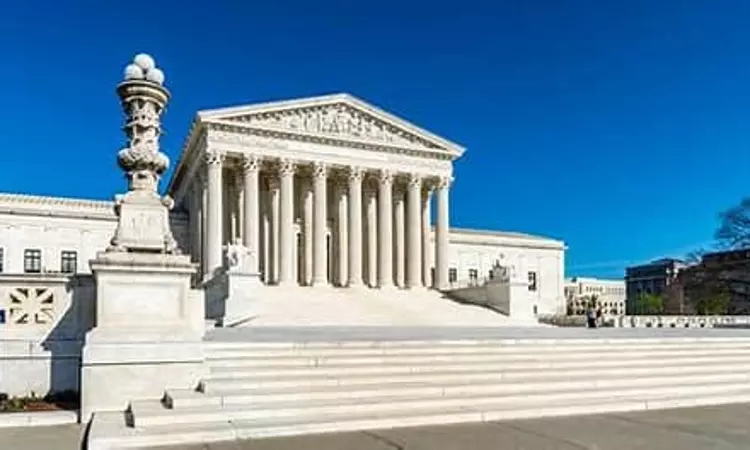US Supreme Court Denies Starbucks Employees Injunction Against Termination
Rajesh Kumar
27 Jun 2024 10:00 PM IST

Next Story
27 Jun 2024 10:00 PM IST
The U.S. Supreme Court has ruled in favour of Starbucks Corporation in its dispute with National Labor Relations Board (NLRB). The Supreme Court mandated that courts must apply the traditional four-factor test when considering the NLRB's requests for preliminary injunctions under Section 10(j) of the National Labor Relations Act (NLRA). Case Background The case stemmed from...
